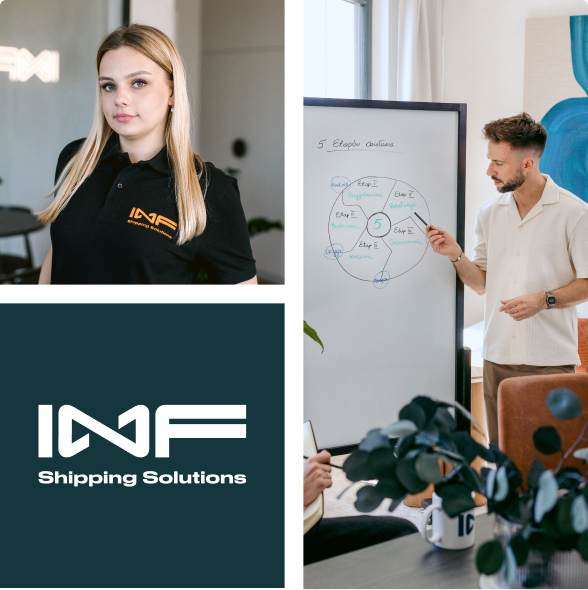International
Sea Transport
We offer container and general cargo sea transport to over 100 countries worldwide. We coordinate your shipment fully, from loading at the origin port to unloading at the destination port. We also combine container sea transport with road transport to provide a comprehensive “door-to-door” service.
Advantages of Sea Transport
Cost Efficiency
Sea transport is the most economical option for moving large quantities over long distances, especially compared to air freight.
High Cargo Capacity
Ships can handle massive shipments, from bulk to oversized cargo, carrying thousands of containers or tens of thousands of tons of raw materials.
Global Reach
Sea transport enables delivery to nearly all ports worldwide, including hard-to-access locations.
Eco-Friendliness
While ships emit pollutants, sea transport has a lower environmental impact per ton-kilometer compared to other modes.
SHIPPING LINES WE WORK WITH


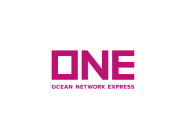

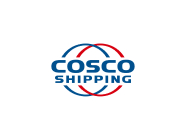
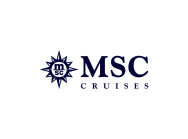

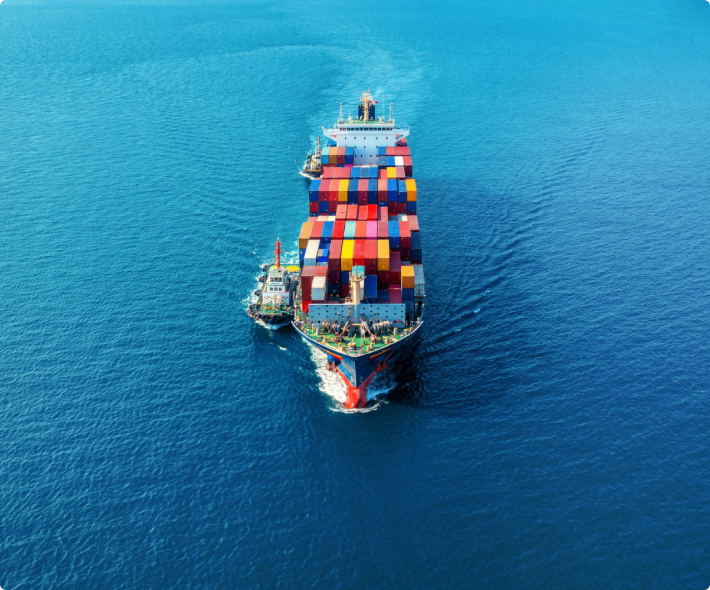
Ocean Freight – Worldwide Sea Transport of Goods
We provide comprehensive ocean (container) transport services to and from over 100 countries. You no longer need to plan and oversee everything yourself.
Our standard-sized containers (20’ and 40’) facilitate easy transfer across various transport modes, supporting seamless multimodal logistics solutions.
Multimodal Solutions – Multiple Transport Modes in One Order
We operate multimodally, combining various transport modes within a single order.
This integration allows for high-quality handling and timely deliveries, ensuring safe and efficient delivery of your cargo to any global location.
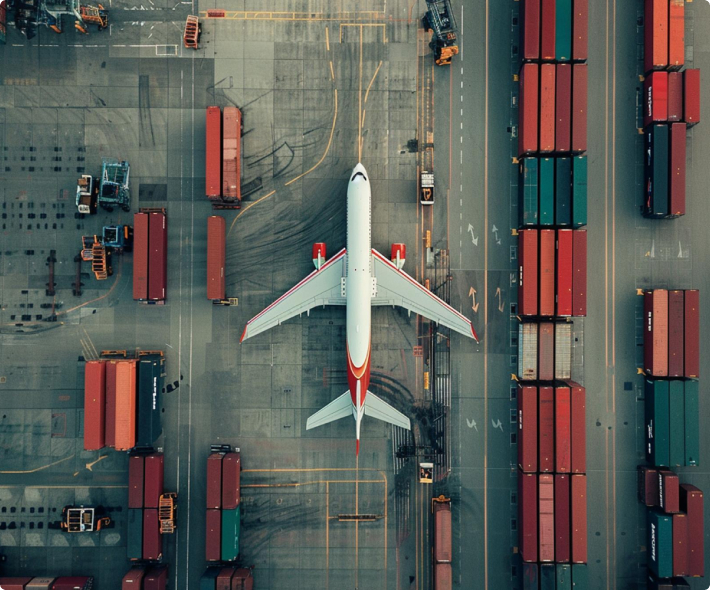
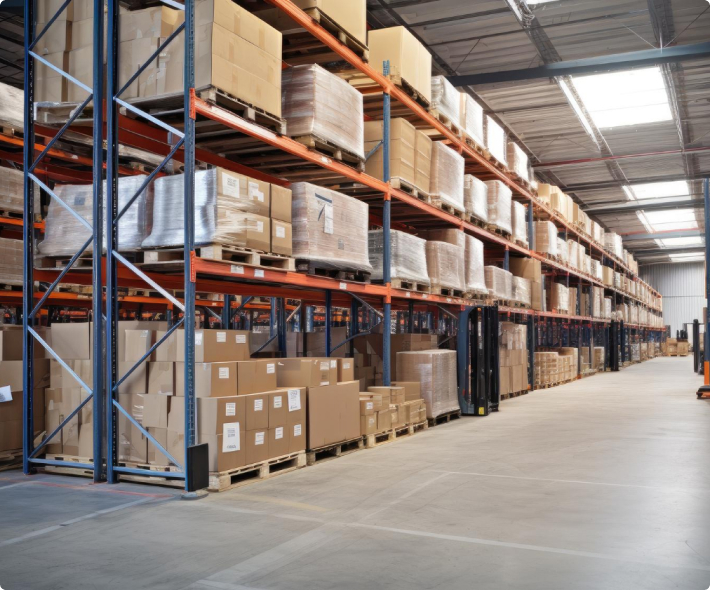
Comprehensive Handling of All Types of Goods
Our sea transport services are tailored to meet your specific needs.
With our team’s expertise, we ensure safe, efficient transport for even the most demanding cargo types.
Rodzaje obsługiwanych ładunków
Bulk cargo
We handle bulk shipments, both dry (coal, grain, metal ores) and liquid (oil, LNG, chemicals), safely and efficiently with specialized logistics solutions.

Refrigerated Cargo
Transport perishable goods, such as food and pharmaceuticals, in modern refrigerated containers (reefers) that maintain quality throughout the journey.
Oversized Cargo
For large items like industrial machinery or vehicles, we provide transport on specialized vessels (platforms, Ro-Ro ships), offering professional logistics and safety.
Hazardous Cargo (IMDG)
We transport hazardous materials (explosives, chemicals, gases) following strict international IMDG Code safety standards.
General cargo
For smaller packages like crates, bags, or pallets, our flexible options meet all requirements for secure, efficient transport.
Logistical Processes
and Services in Sea Transport
We offer a wide range of logistical services to ensure full support for your cargo at each stage of its journey.
Loading and Unloading Operations
Efficient port operations, transferring goods between ship and storage, ensuring safe handling.
Port Storage
Temporary storage options for goods before onward transport or post-unloading, providing secure storage spaces.
Customs Clearance
Full customs services, including documentation, fee payments, and required inspections, ensuring smooth clearance.
Cargo Insurance
Insurance options against damage, theft, or loss during transport, securing your cargo on every step of its journey.
How Sea Transport Works with INF Shipping Solutions
STEP 1
Simple freight quotes and quick ordering
STEP 2
Convenient shipment management
STEP 3
Clear communication with our customer service team
STEP 4
Secure cargo clearance and transaction finalization
Transport and logistics services at the lowest price
Regain peace of mind regarding your goods’ transportation. We’ll handle the logistics, so you can focus on what matters – your business.
Other Types of Transport We Offer
Sea Transport
Container and general cargo sea transport to over 100 countries, fully coordinated from loading at the origin port to unloading at the destination port.
Air Transport
A flexible, fast, and secure method of organizing transport, even for high-value goods. We operate both door-to-door and airport-to-airport.
Road Transport
Road transport across Europe, handling full containers and smaller shipments (FTL/LTL).
Rail Transport
Flexible transport service between Asia and Europe, from a single box to an entire train.
Frequently asked questions
How long does sea transport from Asia to Poland take?
How long does sea transport from Asia to Poland take?
Sea transport from Asia to Poland typically takes 4-6 weeks, depending on origin and destination ports, transit conditions, and customs procedures.
What are the advantages and disadvantages of sea transport?
What are the advantages and disadvantages of sea transport?
Advantages: Low-cost, high capacity, eco-friendliness.
Disadvantages: Longer transit times, weather delays, customs procedures.
How much does sea transport cost?
How much does sea transport cost?
Costs depend on cargo type, weight, volume, route, and current freight rates, along with port fees, duties, taxes, and optional services like insurance and customs clearance.
